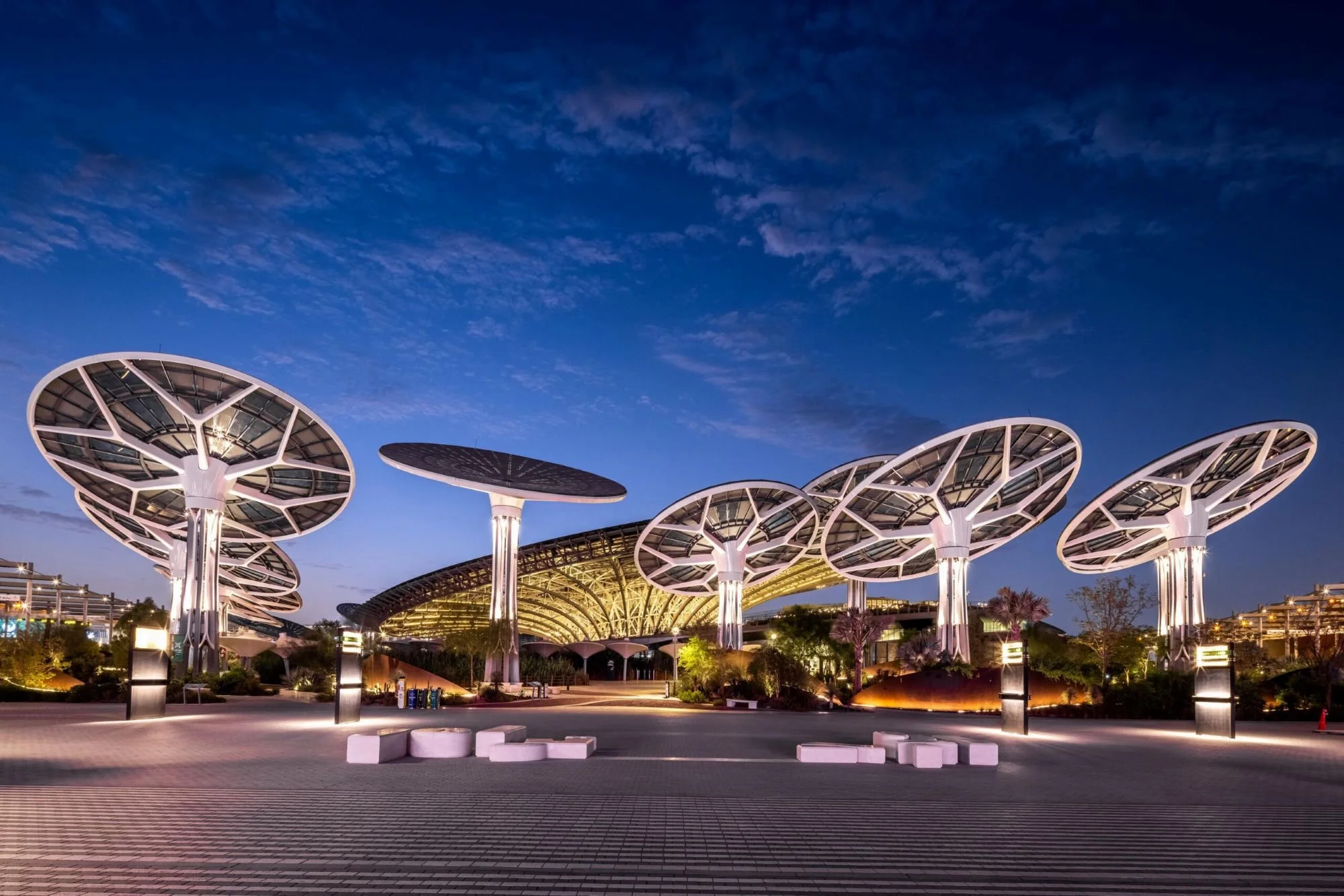This year, the annual United Nations Framework Convention on Climate Change (UNFCCC) Conference of the Parties (COP28) will be held in Dubai, United Arab Emirates. COP28 will feature the first-ever Health Day on 3 December, where health will be on the official negotiation agenda.
Climate change is one of the most important environmental issues at the national and global levels, given its economic, social and ecological impacts. This issue has received considerable and early attention in the UAE, and the country has exerted numerous efforts to address the effects of climate change and to adapt to its potential impacts on ecosystems and economic sectors. In line with these efforts, the UAE has adopted important policies, including the economic diversification policy, focusing on green economy, energy sources diversification policy, focusing on renewable and clean energy and promoting energy efficiency, sustainable transport policy, sustainable urban planning, etc.
Since its inception in 1971, the UAE has supported the global climate agenda. Situated in a region where extreme heat and freshwater are scarce, the UAE has long viewed climate change as a challenge that must be overcome.
As a regional leader in the energy and sustainability sectors, the UAE has grown and diversified its economy, creating knowledge, skills, and jobs for its young people while contributing practical solutions to a global problem that affects us all.
WHAT WILL BE DISCUSSED AT COP28
Discussions at COP 28 need to make progress in several workstreams: hammering out the details of the loss and damage finance facility to help vulnerable communities deal with immediate climate impacts, driving towards a global goal on finance that would help fund developing countries’ efforts in addressing climate change; accelerating both an energy and a just transition; closing the massive emissions gap, just to name a few.
In addition, the first-ever global stocktake will conclude at COP 28.
The global stocktake is a process for countries and stakeholders to see where they’re collectively making progress towards meeting the goals of the Paris Climate Change Agreement – and where they’re not. The global stocktake has shown us we are not on track to limit global warming to 1.5 degrees Celsius. The window for meaningful change is closing, and the time to act is now.
Governments will decide on the global stocktake at COP 28, which can be leveraged to accelerate ambition in their next round of climate action plans due by 2025. The global stocktake showed us where progress is too slow. But it also laid out the vast array of tools and solutions put forward by countries.
HOW TO BE A PART OF COP28
A total of approximately 70,000 participants is expected in Dubai for COP28.
Participation in COP28 and access to the blue zone is restricted to delegates, admitted observer organizations and accredited members of the press and media. Delegations from all 199 Parties to the UN Framework Convention on Climate Change will attend the conference.
While the public cannot attend the conference in person, many events in the blue zone, such as the plenary sessions of the bodies, the high-level segment with heads of state, and many press conferences and side events, will be webcast live for the public on unfccc. Int COP TV is another opportunity for the public to follow the conference and watch interesting interviews and themed segments.



